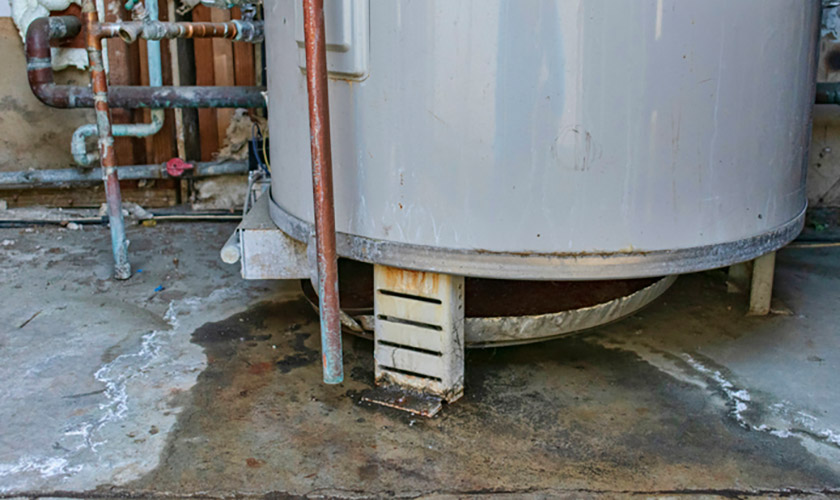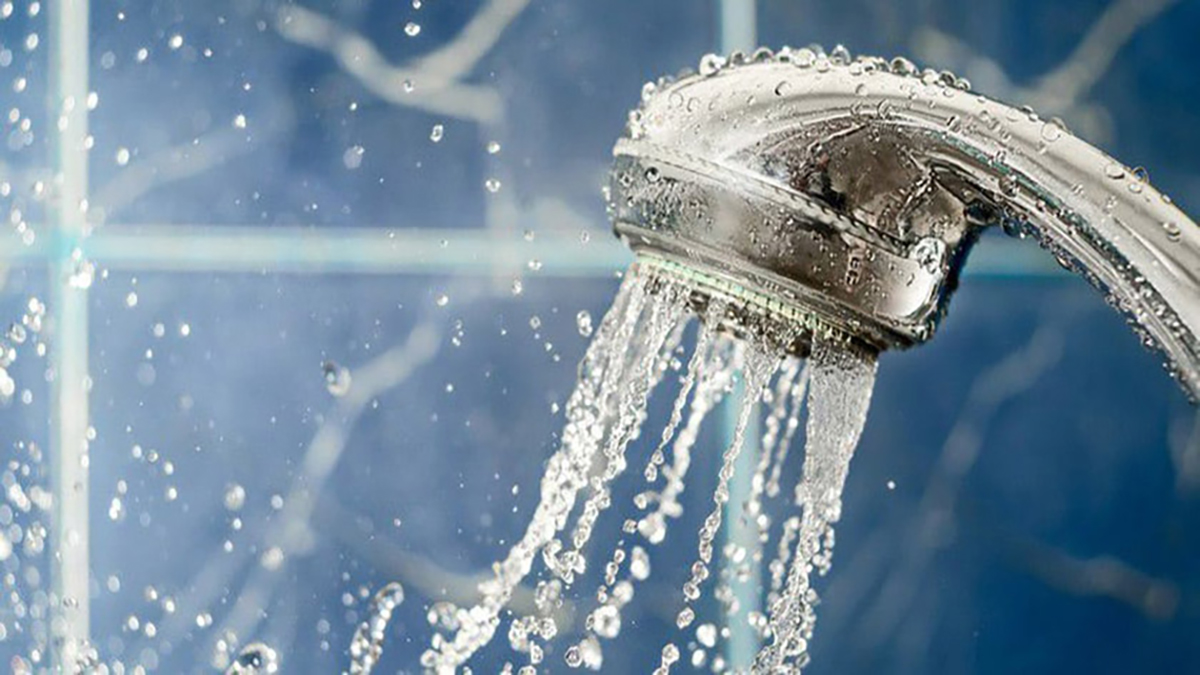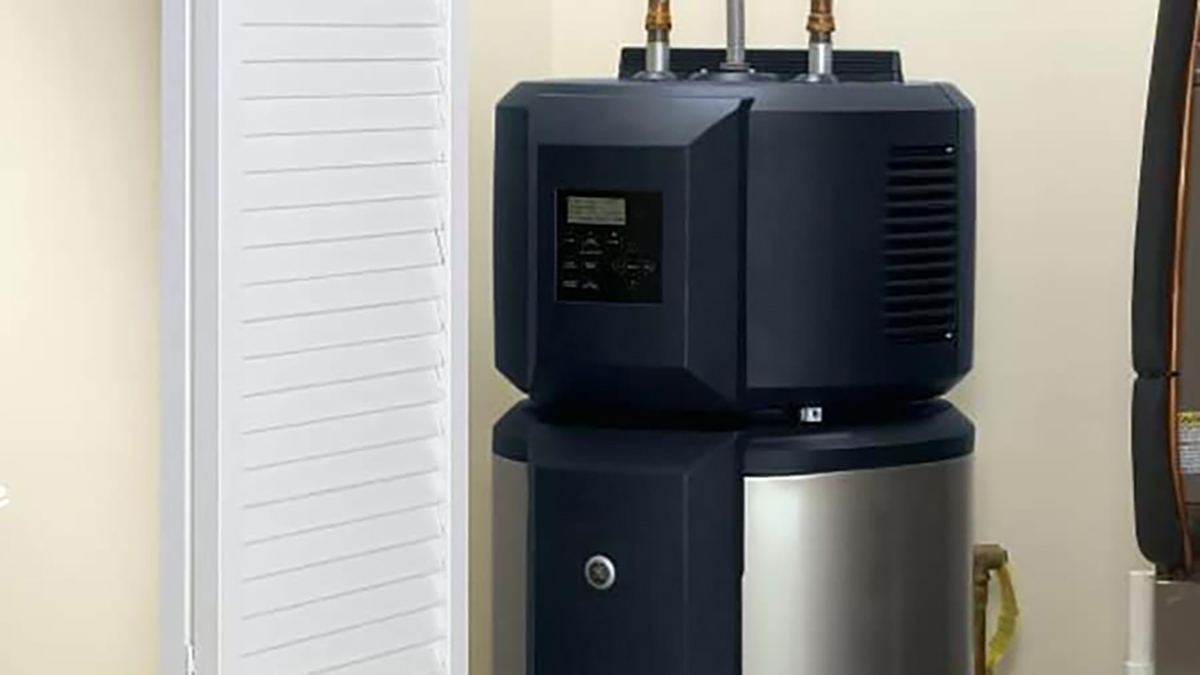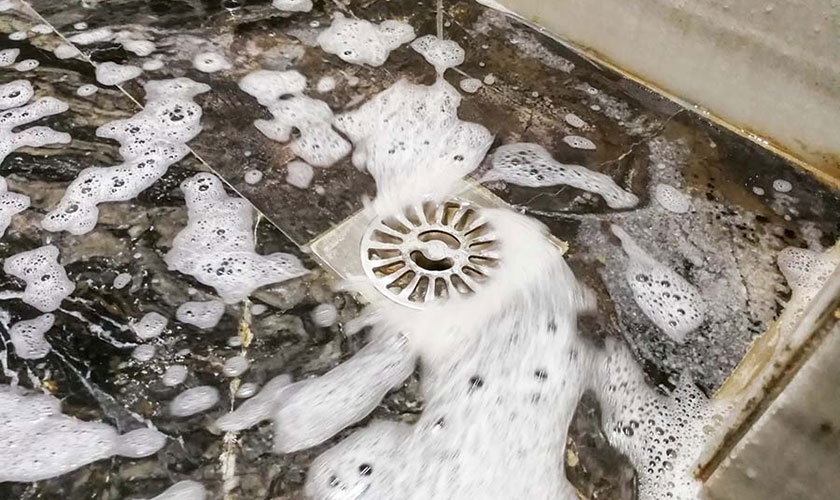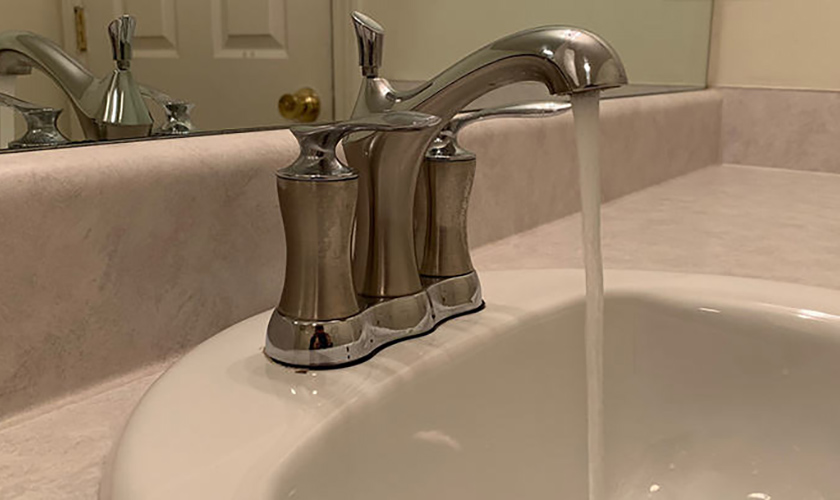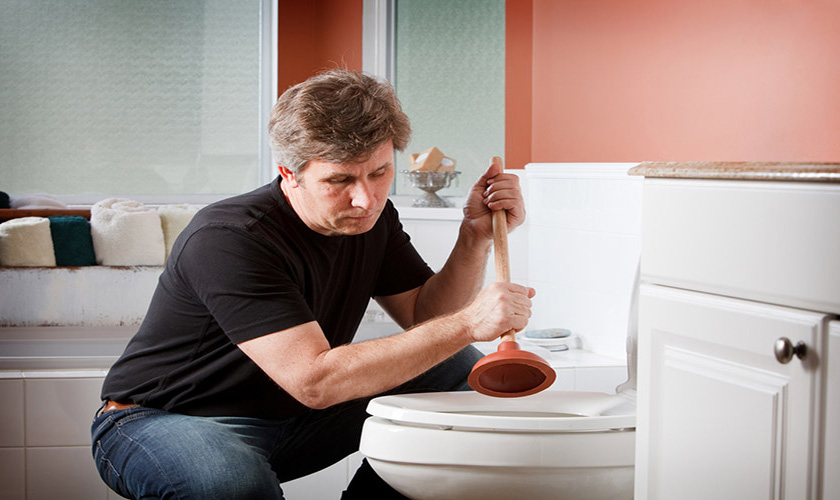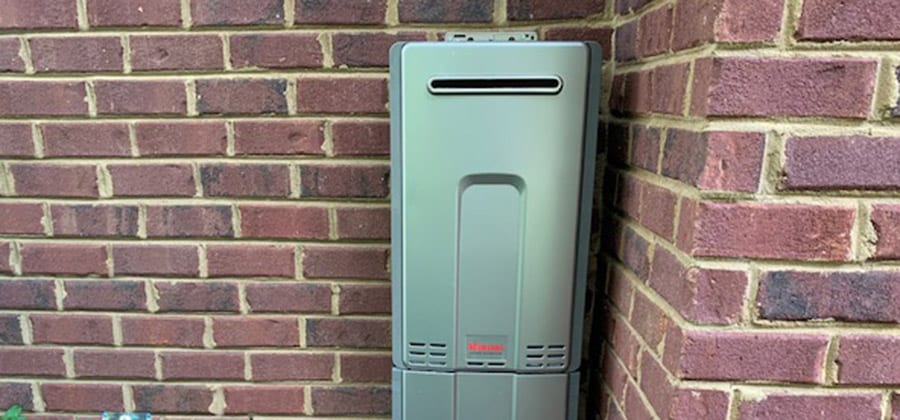
Although a gas tankless water heater might appear not to pose any threat to people, you’ll discover there are some dangers associated with gas tankless water heaters. Whether you are hiring a professional to install your tankless water heater or planning to install it yourself, let’s discuss some of the dangers of tankless water heaters.
Gas tankless water heaters are very safe to operate. The main dangers are carbon monoxide poisoning and natural or propane gas leaks caused by improper installation. Tankless water heaters have many safety features built-in that will shut the unit down if a problem is detected.
Tankless water heaters don’t have many of the dangers that tank water heaters have. Since no tank can overheat or buildup extremely high pressure, tankless water heaters won’t burst or explode.
What are the Dangers of Tankless Water Heaters?
Here are the dangers of gas tankless water heaters:
Breathing in Deadly Carbon Monoxide Gas
Tankless gas water heaters release carbon monoxide gas as part of the combustion process. This is normal. Depending on if you have an indoor or outdoor model determines how your tankless water heater is vented.
Carbon monoxide poisoning occurs when an indoor tankless water heater is not venting correctly. Indoor models are commonly installed in garages, basements, closets, and laundry rooms. Unfortunately, one may be inhaling carbon monoxide gas daily without knowing. The carbon monoxide gas can kill if you inhale it too much.
An Explosion Caused by Gas Leaks
Gas tankless water heaters can cause a catastrophic explosion if there is a gas leak around the gas valve or gas piping. When a gas tankless water heater begins to leak, an electrical spark from any nearby source might be enough to cause an explosion.
Fortunately, tankless water heaters have precautions that shut the unit down if a problem is detected. However, if a gas leak exists before it reaches the tankless water heater, any interior spark could cause an explosion. Natural and propane gas is naturally odorless. If this occurs, your tankless water heater will start beeping and produce an error code.
This is the main reason gas suppliers started adding a gas called mercaptan to the gas supply to create a “rotten egg” smell.
Is it Normal to Smell Gas from a Tankless Water Heater?
Tankless gas water heaters are not designed to release gases even when they are operating. They have a sealed combustion chamber to keep gases isolated from the immediate surroundings. If you smell gas from a tankless water heater, it means there is a leak somewhere, which you need to get fixed out immediately.
A tankless water heater will give out gas-only when there is a gas leak or incomplete combustion. Of course, a gas leak is hazardous, so it isn’t something you should overlook.
Incomplete combustion is also another dangerous thing that you mustn’t overlook. When there is incomplete combustion, carbon monoxide will be among the fume released into the atmosphere. In essence, you need to take prompt steps if you smell gas from your tankless water heater.
Where Should a Tankless Water Heater be Installed?
It is best to install a water heater on the outside wall of the house. There are two main reasons why the outer wall is an ideal location for a water heater. The first reason is that the water heater will be properly vented outdoors. Another reason is that it poses fewer dangers to the house’s inhabitants when it is placed outdoors.
For instance, when the water heater is in use and gives out carbon monoxide, the people living inside the house won’t be overexposed to gas since it can easily diffuse away safely.
Avoiding the Dangers of a Tankless Water Heater?
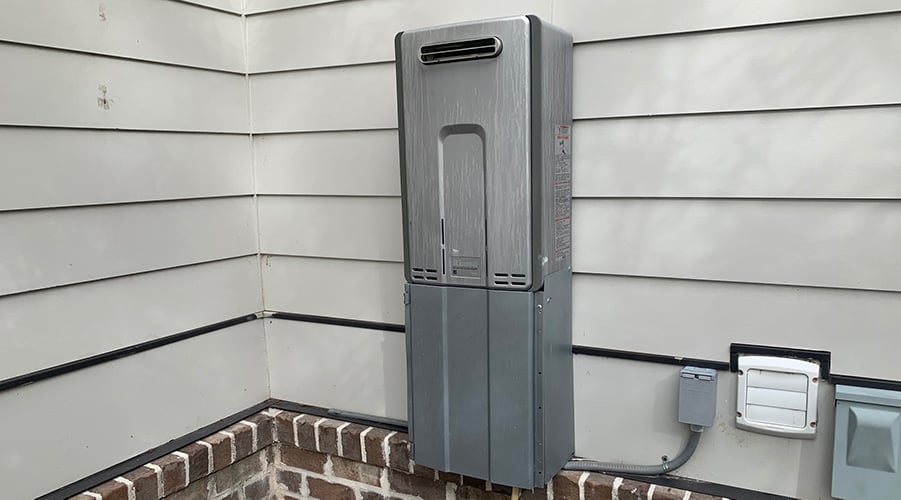
Install Tankless Water Heaters Outside
The best installation option for tankless water heaters is to install it outside. Outdoor tankless water heaters are constructed to withstand the outdoor elements. It even have built-in freeze protection to protect the tankless water heater in temperatures as low as -30 degrees Fahrenheit.
However, if installing the tankless water heater outside is not an option, ensure your indoor model is vented correctly.
Vent the Tankless Water Heater Correctly
Indoor tankless water heaters have to the vented to the outside. If you vent the water heater correctly, fumes will diffuse outside safely instead of polluting the home. Make sure objects do not block sure the vents on the water heater. Proper ventilation can help you to avert the danger of carbon monoxide poisoning. Also, it will lower the chance of damaging your water heater.
We discuss venting tankless water heaters in Do Tankless Water Heaters Need to be Vented?.
To summarize, tankless water heaters installed inside have a stainless steel vent to the exterior. Even better is a concentric vent that encases both the intake and exhaust vents into one encasement. The good thing about this venting is that if a leak develops, it’s trapped inside the vent.
Because the output from a tankless water heater is acidic, it will damage other vents and chimneys. The special venting requirement is a safety measure to prevent the acidic output from damaging other vents and polluting the indoor air with potentially deadly carbon monoxide gas.
Use a Carbon Monoxide Detector
You should install a carbon monoxide detector in your home if you have a gas water heater. A carbon monoxide detector will sound an alarm in case carbon monoxide finds its way into your house. If you purchase a detector that uses a battery, make sure you change the battery from time to time.
I recommend the Kidde AC Plug-in Carbon Monoxide and Explosive Gas Detector Alarm because it’s both a carbon monoxide and explosive gas detector.
Maintain the Water Heater Regularly
Poor maintenance of a tankless water heater is the major reason why some of them become fail and expose the users to dangers. A lot of people don’t see reasons to maintain their tankless water heaters.
Tankless water heaters aren’t maintenance-free like some people believe. You need to clean them once a year if you want them to function well. Even a tankless water heater requires flushing once in a while to remove sediment buildup on the burners.
It would be best to refer to your water heater’s user manual to see all the maintenance practices that you must carry out.
Let a Plumber Install and Repair Your Tankless Water Heater
Don’t attempt to install or repair a tankless water heater by yourself unless you’ve had hands-on experience with tankless water heaters. A lot of complications can arise if you install a water heater without having experience. It’s always best to hire a plumber from the beginning.
For instance, an inexperienced person can improperly set the thermostat, vent the water heater improperly, or not tighten a gas line causing gas leaks to occur. To avoid these complications and several other issues, you should let a licensed plumber install the water heater. A plumber can help determine what size tankless water heater you need.
In case you notice any issue when you start using the tankless water heater, you should take precautions instead of attempting to repair the unit yourself. For instance, if you discover a gas leak, you should switch off the heater, turn off the gas to the tankless water heater, evacuate the house immediately (if needed), and call a plumber who handles emergency calls or the local gas company.


